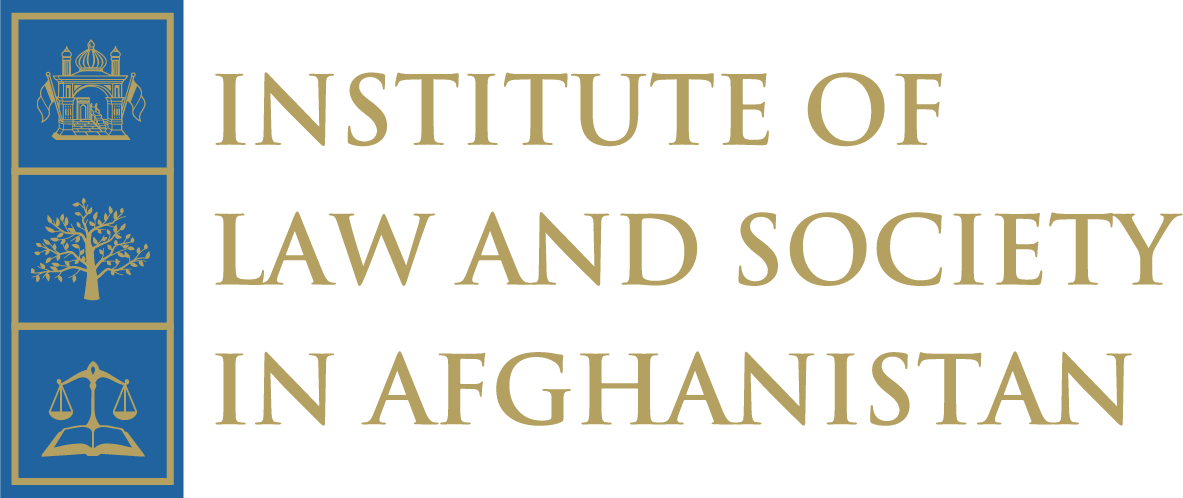Projects

Foundations for a New Afghan Social Contract
This project searches for answers to the question of what holds the Afghan people together, after more than four decades of conflict.
The Taliban’s rise to power in August 2021 wiped away Afghanistan’s fragile social contract. Conflicts around ethnicity, tradition, religion, women’s rights, and many other issues create deep rifts in the society, and between the people and the ruling de facto government.
The project team has asked Afghan intellectuals to write essays, analyse the rifts and describe their vision of Afghanistan’s future social contract. A special competition is currently open for the younger generation. Besides, the project team will carry out a survey to include perspectives from all sectors of the Afghan society. The results will be analysed in form of a report.
The resulting essays and the survey report will be published online in Dari, Pashto and/or English. Later, selected essays and the report will be published in English as a book for international readers. ILSAF and its project partner, Kardan University (Kabul), will also organise an online discussion on the results.
The project is funded by the KPSRL Knowledge Management Fund

